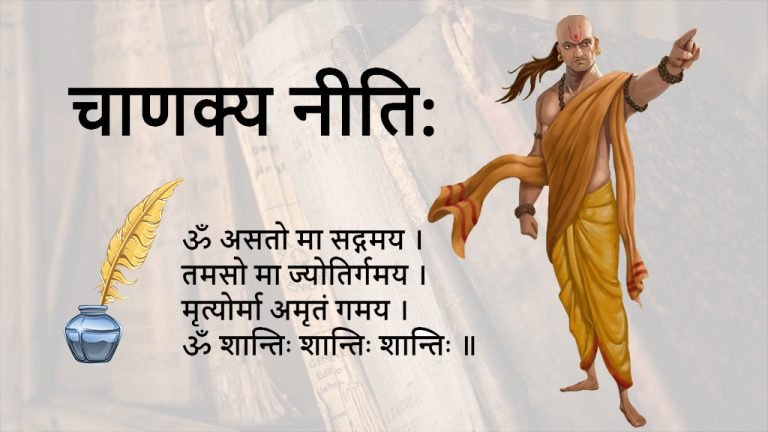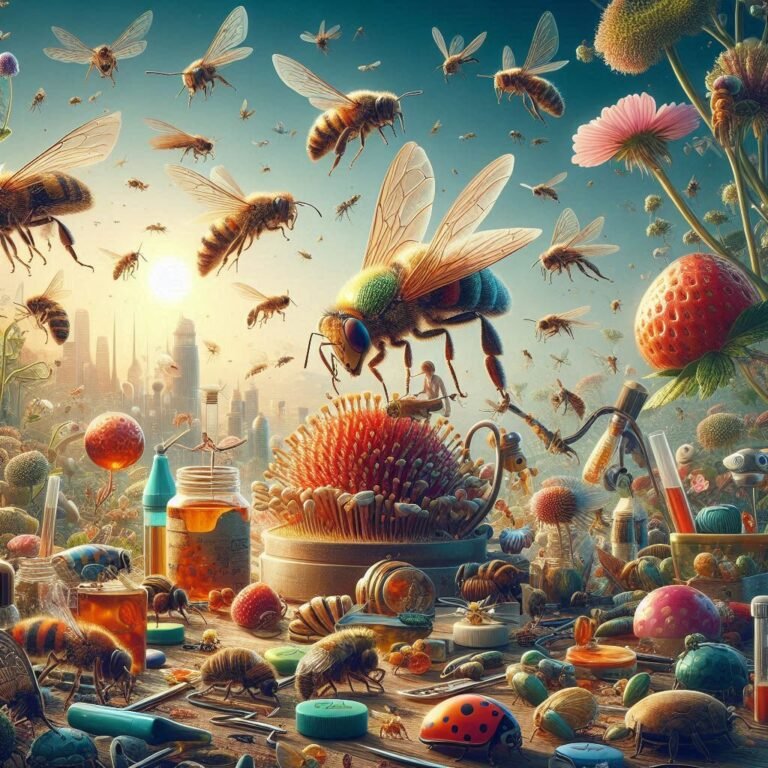Chanakya is considered the pioneer of the field of Political science and economics in India, and his work is thought of as an important precursor to classical economics. Chanakya the Great Economist was an ancient Indian polymath who was active as a teacher, author, strategist, philosopher, economist, jurist and royal advisor. He is traditionally identified as Kauṭilya or Vishnugupta, who authored the ancient Indian political treatise, the Arthashastra, a text dated to roughly between the fourth century BCE and the third century CE. The Arthashastra continued to exert considerable influence after the reign of Ashoka but then disappeared and was considered lost until it was discovered in 1905 CE by the Sanskrit scholar Rudrapatna Shamasastry (l. 1868-1944 CE). Rudrapatna Shamasastry published the work in 1909 CE and then translated it into English and published that version in 1915 CE which brought it greater attention.
Chanakya’s Arthashastra which is very famous by the name of Niti Shastra, describes 17 chapters and 342 sutras written in it. For details visit our site https://digitalksp.com/category/education/.
Chanakya NITI – 15th Chapter – in English
- For one whose heart melts with compassion for all creatures; what is the necessity of knowledge, liberation, matted hair on the head, and smearing the body with ashes.
- There is no treasure on earth; the gift will cancel the debt a disciple owes his guru for having taught him even a single letter ( that leads to Krishna consciousness).
- The teacher who enlightens his pupils even by a single word is so important that nothing on the earth can repay his obligation.
- There are only two ways. The wicked and thorns should be dealt with sternly. Crush them with your shoes or go far away from them.
- He who wears unclean garments, has dirty teeth, as a glutton, speaks unkindly and sleeps after sunrise — although he may be the greatest personality — will lose the favour of Goddess Maa Lakshmi.
- He who loses his money is forsaken by his friends, his wife, his servants and his relations; yet when he regains his riches those who have forsaken him come back to him. Hence wealth is certainly the best of relations.
- Friends, wife, brothers and servants all leave a person when he becomes poor If he becomes rich again they again join him. This means that all the relations are located in the money only. Without money nothing is there.
- Sinfully acquired wealth may remain for ten years; in the eleventh year it disappears with even the original stock.
- Unlawful money stays for ten years only. In eleventh year it elopes with capital and interest. It means the money earned by unjust means never stays permanently.
- A bad action committed by a great man is not censured (as there is none that can reproach him), and a good action performed by a low-class man comes to be condemned (because none respects him). Just see: the drinking of nectar is excellent, but it became the cause of Rahu’s demise; and the drinking of poison is harmful, but when Lord Shiva (who is exalted) drank it, it became an ornament to his neck (nilakanta).
- Getting an able owner of even worthless things becomes useful and adorable while worthless owners ruin the value of priceless things. Lord Shankar made even the deadly poison and deadly ornament of his throat while Rahu the demon got beheaded even though he had sipped nectar
- A true meal is that which consists of the remnants left after a brahmana’s meal. Love which is shown to others is true love, not that which is cherished for one’s own self. to abstain from sin is true wisdom. That is an act of charity which is performed without ostentation.
- For want of discernment the most precious jewels lie in the dust at the feet of men while bits of glass are worn on their heads. But we should not imagine that the gems have sunk in value, and the bits of glass have risen in importance. When a person of critical judgement shall appear, each will be given its right position.
- Gems may be rolling at one’s feet and mere glass objects may be kept respectfully on the head. But at the time of sale the glass would be considered as glass and the gems as gems. Thus reality can not be hidden by any trick for long.
- Sastric knowledge is unlimited, and the arts to be learned are many; the time we have is short, and our opportunities to learn are beset with obstacles. Therefore select for learning that which is most important,just as the swan drinks only the milk in water.
- He is a chandala who eats his dinner without entertaining the stranger who has come to his house quite accidentally, having travelled from a long distance and is weary.
- One who eats without offering proper respect to an unexpected guest coming from a far off place and who is also tired, is known as a pariah.
- A fool even reads the four Vedas and other scriptures but he can not realise the self as the ladle which repeatedly enters the food but fails to discern the taste of food.
- Those blessed souls are certainly elevated who, while crossing the ocean of life, take shelter of a genuine brahmana, who is likened unto a boat. They are unlike passengers aboard an ordinary ship which runs the risk of sinking.
- This boat which informs of a brahman going across the sea for existence is typical as it moves in reverse order. Those who remain below it go across easily but those who try to ride on it fall down and get drowned.
- The moon, who is the abode of nectar and the presiding deity of all medicines, although immortal like amrta and resplendent in form, loses the brilliance of his rays when he repairs to the abode of the sun (day time). Therefore will not an ordinary man be made to feel inferior by going to live at the house of another.
- This humble bee, who always resides among the soft petals of the lotus and drinks its sweet nectar, is now feasting on the flower of the ordinary kutaja. Being in a strange country where the lotuses do not exist, he is considering the pollen of the kutaja to be nice.
- (Lord Visnu asked His spouse Lakshmi why She did not care to live in the house of a brahmana, when She replied) ” O Lord a rishi named Agastya drank up My father (the ocean) in anger; Brighu Muni kicked You; brahmanas pride themselves on their learning having sought the favour of My competitor Sarasvati; and lastly they pluck each day the lotus which is My abode, and therewith worship Lord Shiva. Therefore, O Lord, I fear to dwell with a brahmana and that properly.
- There are many ways of binding by which one can be dominated and controlled in this world, but the bond of affection is the strongest. For example, take the case of the humble bee which, although expert at piercing hardened wood, becomes caught in the embrace of its beloved flowers (as the petals close at dusk).
- Although sandalwood is cut, it does not forsake its natural quality of fragrance; so also the elephant does not give up sportiveness though he should grow old. The sugarcane does not cease to be sweet though squeezed in a mill; so the man of noble extraction does not lose his lofty qualities, no matter how pinched he is by poverty.
- Only because you could lift a small hill known as govardhan by your hand, you are known in heaven and earth: I hold you, O! supporter of all the three realms, on the p~ints of my breasts but no one even recognises it. No need to say more O! Krishna tell me, does anyone get fame by dint of one’s merit. Chanakya has in a poetic manner explained that those already famous, have their tiny achievements magnified but a common man IS great achievements are not even taken into account.






